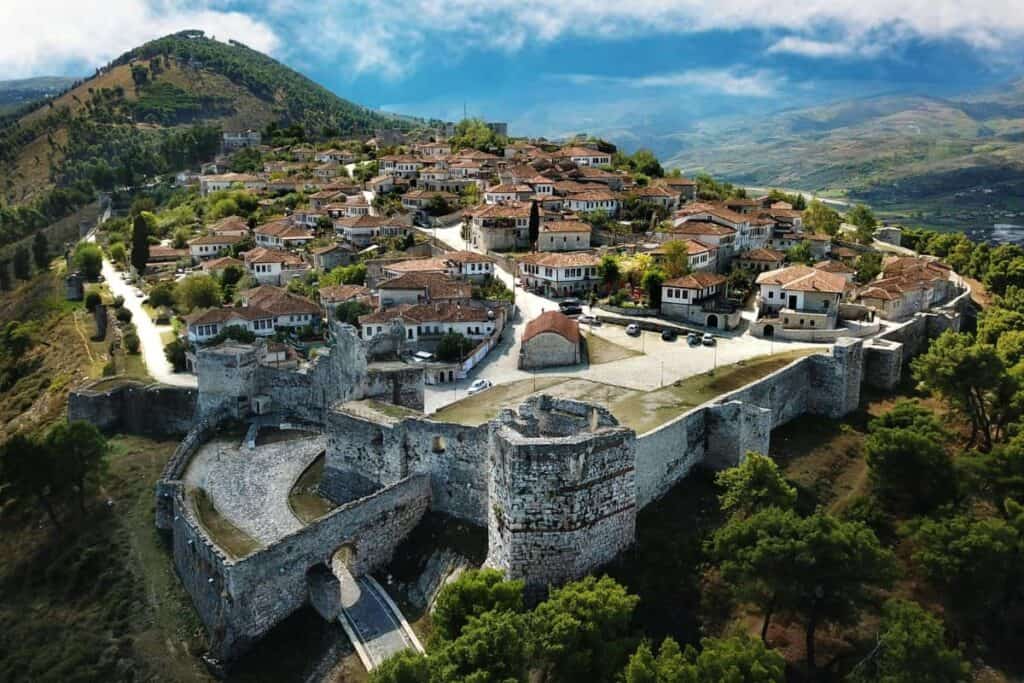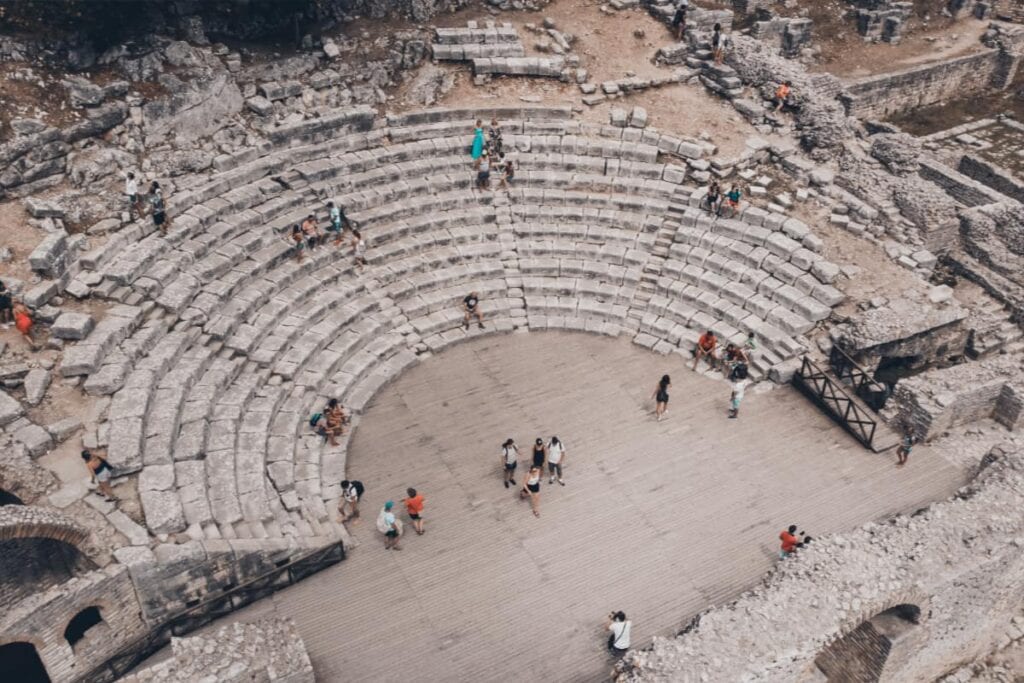The Kanun of Lek Dukagjini is one of the most fascinating and complex cultural legacies of Albania. Rooted in ancient traditions, this centuries-old set of customary laws has governed the social, legal, and moral fabric of Northern Albania and beyond for generations. More than just a legal code, the Kanun reflects the values of loyalty, honor, family, and community that have shaped Albanian society through the ages.
What is the Kanun of Lek Dukagjini?
The Kanun, often attributed to Lekë Dukagjini, a 15th-century Albanian nobleman and contemporary of the legendary Skanderbeg, is an unwritten body of laws that were orally transmitted for centuries. Though later codified in the late 19th century by Franciscan priest Shtjefën Gjeçovi, the Kanun remained primarily an oral tradition that governed everything from family life to disputes, property rights, and interpersonal relationships.
It was particularly influential in the rugged, mountainous regions of Northern Albania, where state authority was historically weak or absent, leaving local communities to rely on these customs for order and justice.
Key Principles of the Kanun
The Kanun is divided into 12 main sections, covering various aspects of life. While its scope is broad, some of its most famous principles include:
- Besa (The Word of Honor): Central to Albanian identity, besa represents a sacred promise or word of honor. Breaking one’s besa was considered a grave dishonor, and it remains a cornerstone of Albanian culture today.
- Hospitality (Mikpritja): The Kanun places immense value on hospitality. Guests are treated with the utmost respect and are under the host’s protection, even if they are enemies. The phrase “The house belongs to God and the guest” encapsulates this tradition.
- Family and Patriarchy: The Kanun emphasizes the importance of the family unit, with the father (or eldest male) as the head. The family is viewed as the foundation of society, and its honor must be upheld at all costs.
- Blood Feuds (Gjakmarrja): One of the most controversial aspects of the Kanun, gjakmarrja refers to the practice of blood vengeance. If a family member was killed, it was the duty of their relatives to seek revenge. While intended to ensure justice, this practice often led to cycles of violence lasting generations.
- Property Rights: The Kanun lays out detailed rules about land ownership, inheritance, and property disputes. These laws were instrumental in maintaining order in agrarian societies.
- Justice and Mediation: While blood feuds are infamous, the Kanun also emphasized mediation and reconciliation. Elders or councils would intervene to resolve disputes and restore peace.
Historical Context of the Kanun
The Kanun emerged at a time when Albania was fragmented and often under foreign rule, from the Byzantine Empire to the Ottomans. In the absence of a centralized government, communities turned to the Kanun for structure and stability. While the code is associated with Lekë Dukagjini, its origins are believed to be much older, rooted in Illyrian tribal traditions.
During the Ottoman era, the Kanun coexisted with Islamic and state laws, often taking precedence in rural areas where Ottoman influence was weaker.
The Kanun in Modern Times
The Kanun’s relevance declined during Albania’s communist era, as the regime sought to suppress traditional practices in favor of state control. However, after the fall of communism in the 1990s, the Kanun experienced a resurgence, particularly in the northern regions. This revival was both a return to tradition and a response to the absence of strong state institutions during Albania’s turbulent transition to democracy.
Unfortunately, this revival also saw the reemergence of blood feuds, with some families becoming trapped in cycles of revenge. Efforts by non-governmental organizations, religious leaders, and local mediators have been crucial in addressing these conflicts and promoting reconciliation.
Cultural and Literary Legacy
The Kanun has inspired countless works of literature, art, and film, both in Albania and internationally. Renowned Albanian writer Ismail Kadare explored its themes in novels like Broken April, which delves into the impact of blood feuds on individuals and families. The Kanun’s rich moral and ethical dilemmas continue to captivate scholars, anthropologists, and storytellers.
Understanding the Kanun Today
The Kanun is not just a set of rules; it is a reflection of Albania’s collective memory and identity. It encapsulates the values of honor, community, and resilience that have defined the Albanian people for centuries. While aspects like blood feuds may seem harsh by modern standards, the Kanun also contains timeless principles of hospitality, loyalty, and justice that remain deeply relevant.
For visitors to Albania, exploring the history of the Kanun offers a unique window into the soul of this fascinating country. From the rugged landscapes of the Albanian Alps to the warm welcomes of its people, the Kanun’s influence can still be felt in the rhythms of daily life.


